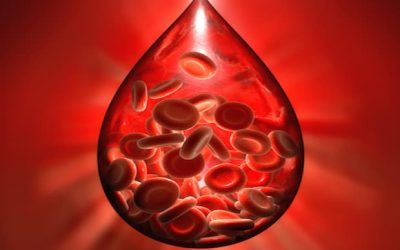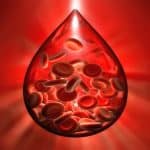Amgen’s anaemia drug Aranesp has been dealt a further blow after it was confirmed that full results from a Phase III clinical study showed a higher rate of death in cancer patients receiving the drug.
As reported in January, Aranesp (darbepoetin alfa) failed to reduce the number of red blood cell transfusions in cancer patients not receiving chemotherapy or radiotherapy. And, although the adverse event rate was similar between the groups, more patient deaths were recorded in the Aranesp arm: 48.5% versus 46% in those taking a placebo.
“There is no clear explanation for the increase of deaths in the Aranesp group,” commented researcher John Glaspy, although it has been suggested that perhaps the Aranesp patients were more ill at the start of the trial than those in the placebo group, according to media reports
However, Amgen says that, since the findings suggest that the benefits of taking Aranesp do not outweigh the risks in patients with unexplained anaemia and active cancer, it will no longer file the drug for anaemia of cancer in the USA, Reuters reports.
Boxed warnings
This is not the only time the safety of erythropoiesis-stimulating agents has been thrown into the spotlight. In March, US regulators requested that new safety and dosage information should be added the labels of Amgen’s Aranesp and Epogen (epoetin alfa) and Johnson & Johnson’s Procrit (epoetin alfa).
The new boxed-warnings advise physicians to monitor red blood cell levels and to adjust the dose to maintain the lowest haemoglobin level needed to avoid the need for blood transfusions, and physicians and patients are being warned to carefully weigh the risks of these products against transfusion risks.
At the time, the FDA said it acted because recent studies described “an increased risk of death, blood clots, strokes, and heart attacks in patients with chronic kidney failure when ESAs were given at higher than recommended doses.” Furthermore, other findings revealed more rapid tumour growth in patients with head and neck cancer who received these higher doses.
Aranesp, which is approved to treat anaemia associated with chronic renal failure, is currently Amgen’s number one drug, raking in sales of $1.11 billion in the fourth quarter of 2006 alone.








